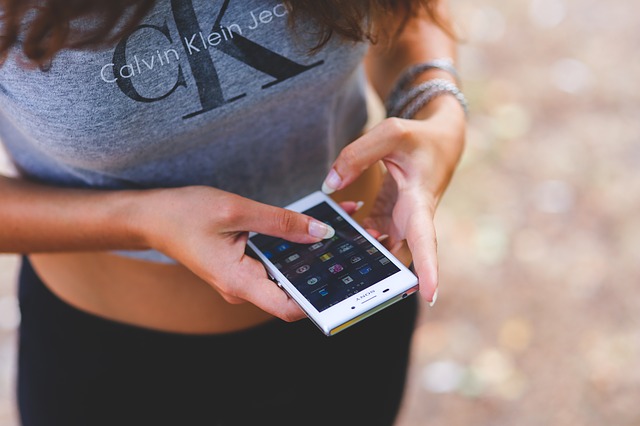Smartphone apps are not so smart after all – at least, when it comes to pregnancies, according to a new study.
Researchers from the Georgetown University School of Medicine in Washington D.C. found that pregnancy and fertility apps on smartphones are not very likely to be effective in actually helping users plan or prevent pregnancies, the News Independent reports.
The researchers studied over 100 smartphone fertility apps commonly used by Americans that can be downloaded via iTunes, Google or Google Play. Dr. Marguerite Duane, lead researcher on the study, said that a growing number of women of reproductive age are using such apps to track and monitor their own pregnancies, or lack thereof. These women tend to use a fertility awareness-based method (FABM) in order to maintain control over whether or not they get pregnant.
The American Congress of Obstetricians and Gynaecologists (ACOG) defines fertility awareness as “knowing and recognizing when the fertile time occurs in the menstrual cycle.”
Fertile time refers to when a woman can get pregnant.
The study’s results showed that 55 of the apps had a disclaimer saying that the applications are not supposed to be used to avoid pregnancy.
The fertility applications work by helping track a woman’s menstrual cycle and notifying on which days the woman is ovulating, as well as the specific time it would be most appropriate to get pregnant. It also points out when women should take precautions to avoid getting pregnant.
Some smartphone apps monitor a user’s basal body temperature (BBT), which is taken when the person is at rest. The apps then use BBT to compute the time of fertility. However, the ACOG says that BBT generally rises two to three days after ovulation, making it an inaccurate way to direct time of pregnancy in women.
Other apps also allow women to monitor cervical mucus to pinpoint ovulation, Medical News Today reports.
The researchers used a five-point rating system that used 10 criteria considered important in avoiding pregnancy on the other 40 apps that did not have the disclaimer in place. Using this rating, 30 of the apps reviewed predicted fertile days for the user, and 10 did not.
A perfect score for accuracy or no-false negatives was given to only six of the apps, the researchers noted. Based on their findings, the researchers recommend relying on other methods of tracking pregnancy and fertility aside from smartphone apps.
The study is set to be published in the Journal of the American Board of Family Medicine.
























